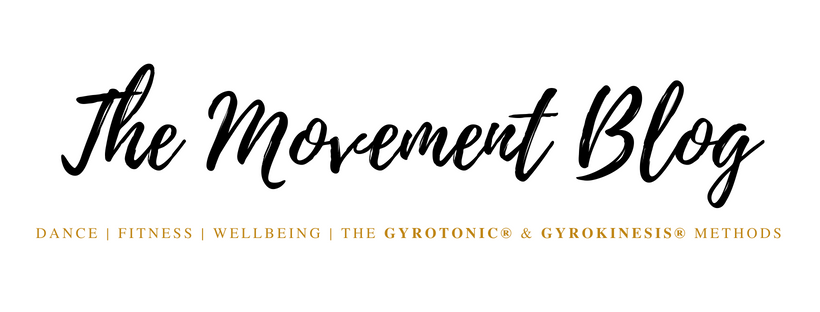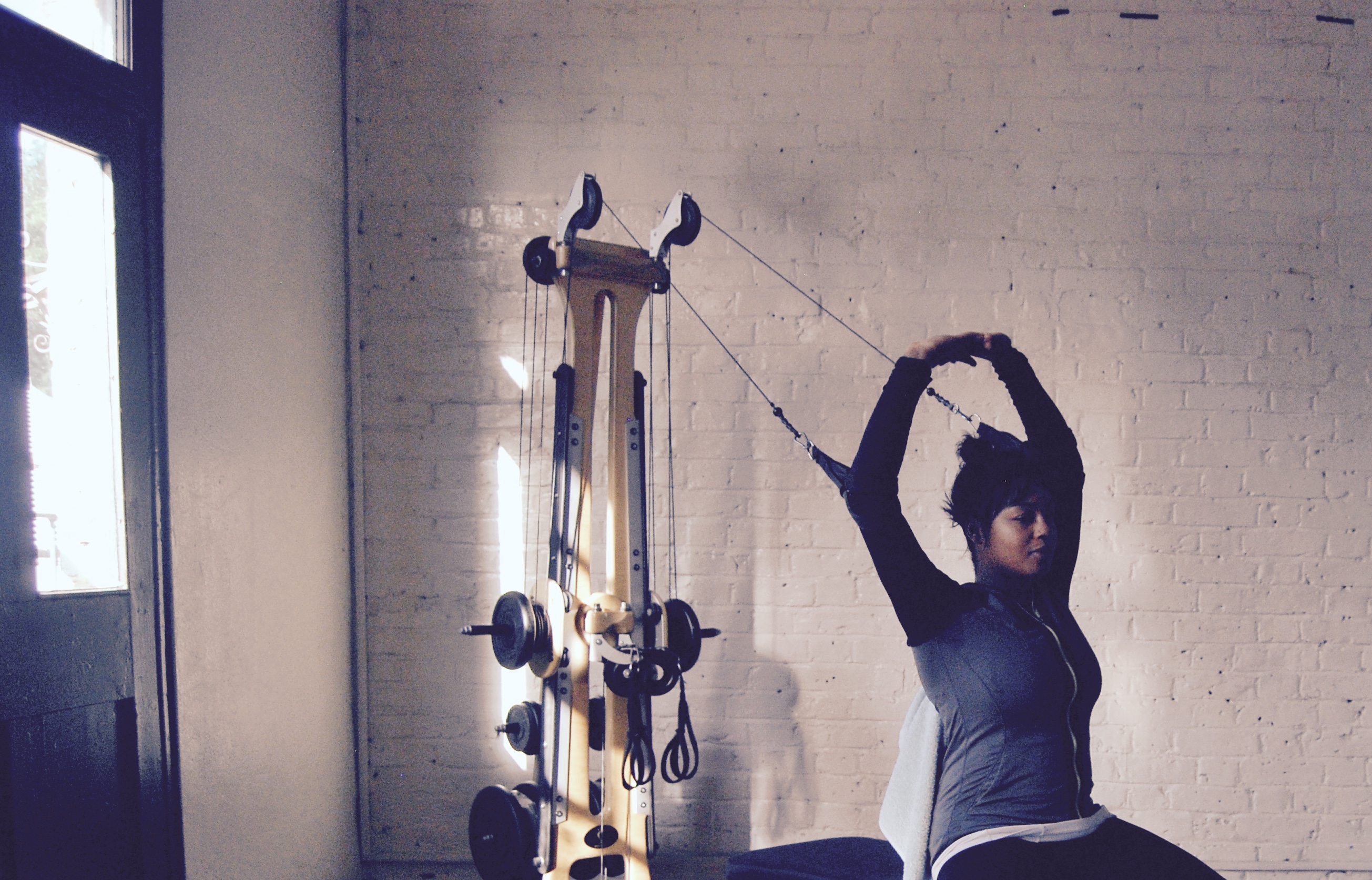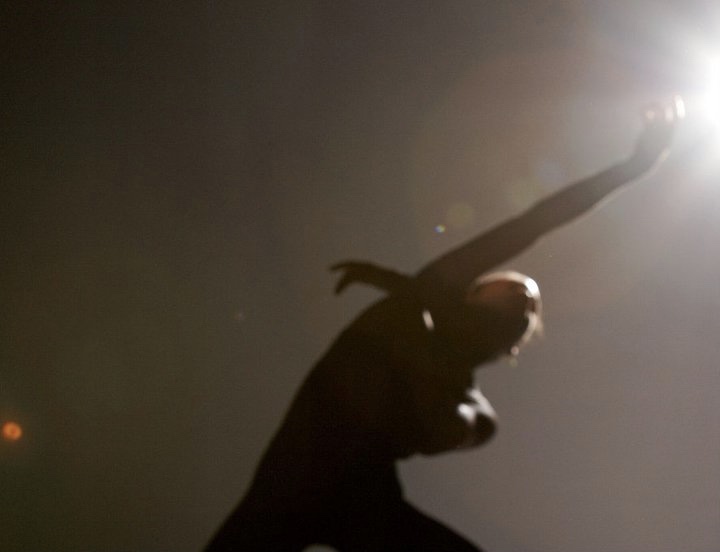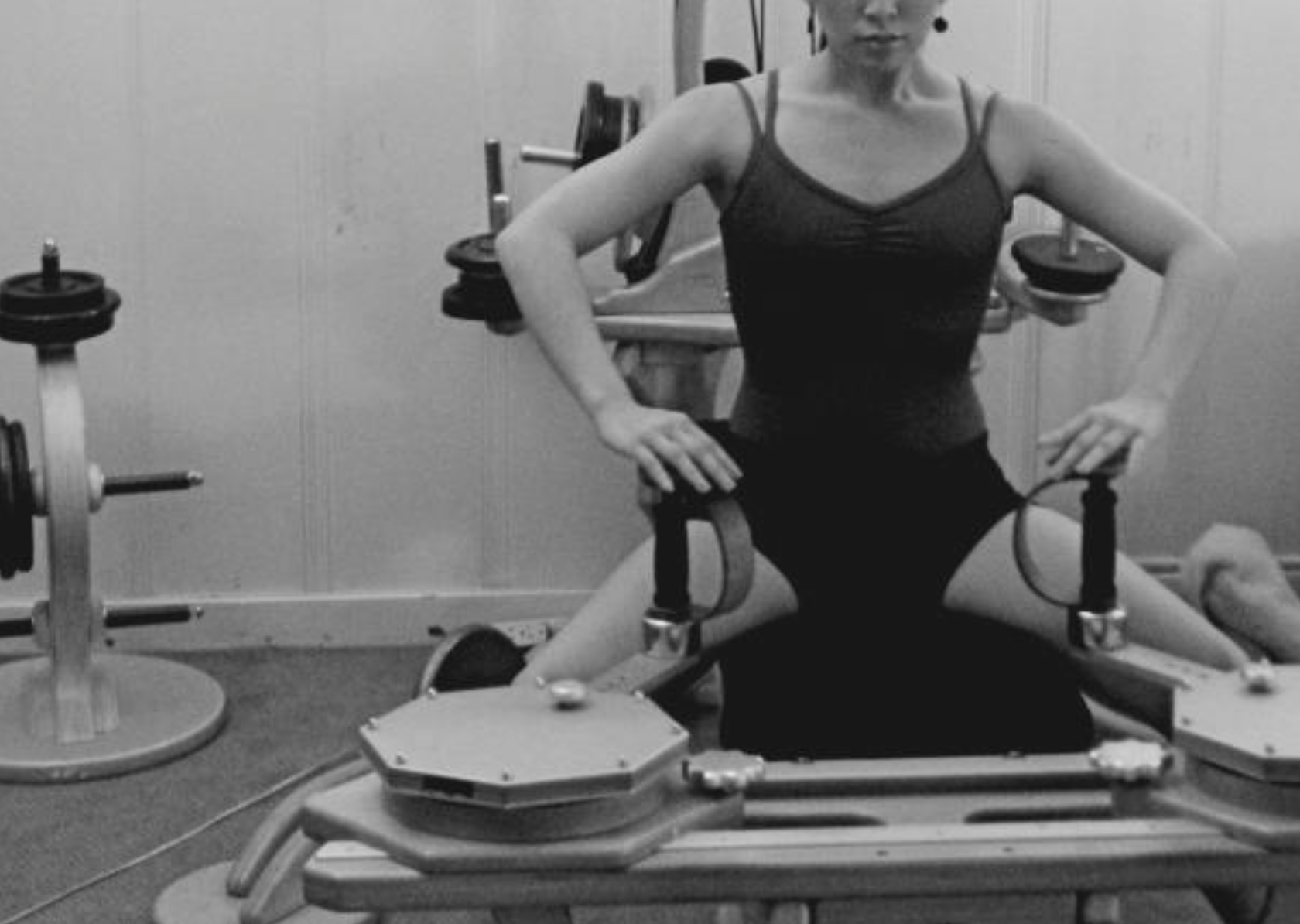Check out this month’s tunes and quick facts on repetition.
About the Playlist
“Could you repeat that?” is a bit jazzy, a bit ‘gooey’ with some gentle repetition. However, it does not include the greats such as Steve Reich or Phillip Glass as the playlist is kept short and sweet. Originally created for teaching and movement devising purposes, its eclectic sound is quite seamless. This playlist ranges from deep electronic bass lines to swirling guitar riffs alongside tambourines.

Why is musical repetition often appealing?
Some say we are actually processing each repetitive moment differently allowing us to enjoying it almost as new. David Huron states that, “90% of the time spent listening to music, people are actually hearing passages they’ve listened to before.” There is also something called the exposure effect where the act of repeated exposure can actually enhance our feelings towards that something over and over again.
Ricky O’cannon reports, in a study found in pop music, that repetition can correlate with popularity. A song that repeats its chorus may mean that we want to hear over and over again. In another experiment, Elizabeth Margulis mentions that repetition is often registered as being ‘very human’. For example, a phrase that was once found as random may become clearer and more meaningful the second time around.

Why is movement repetition often appealing?
Think Twyla Tharp, Lar Lubovitch and Pina Bausch. In the response to the saying “you cannot bathe in the same river twice”, Anna Kisselgoff puts it nicely: “In translation, this means that the dancer who seems to repeat the same step is different from the dancer he was a second ago […]”. In addition, repetition could make choreography more effective as the audience would need to see certain or movements again to connect with the work.
Dance also uses a repetition technique called retrograde where a phrase or a piece of choreography is performed in reserve order. A fun example would be the ending of Hofesh Shechter’s Political Mother (Director’s Cut), where the dancers repeat the entire performance from the end to the beginning. Retrograde can provide a new visual experience with it being somewhat recognizable which can enhance the viewers experience.
More on Music, Movement and Repetition
Your Brain on Music
Making Video Dance
Mesmerising or Maddening?
Ted Ed Talk
Robert Henke’s Take on Music












